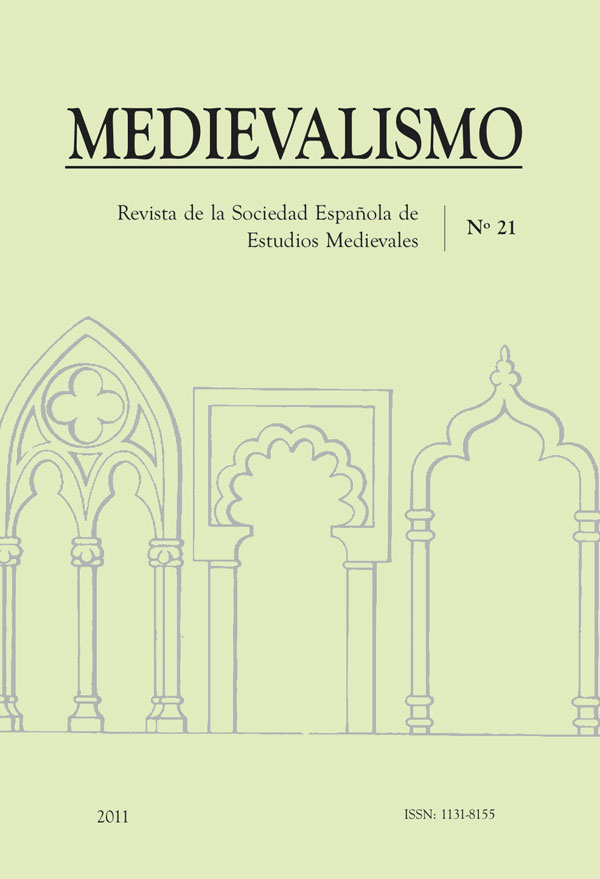The theory of post-Acconian crusade (1291-1334): operations on traditional time and space
Abstract
In 1291, the loss of the Holy Land triggered an intense movement of ideas at European scale. A number of politico-military tractates that were devoted to the recovery of the Holy Land were commissioned by the Pope and the king of France. These tractates pointed at traditional patterns of thought as an obstacle for the implementation of more effective ways of territorial expansion. Their authors envisioned new methods to increase unity and cooperation among the Latin family as well as to enable more operative readings of reality. This paper seeks to add a further analytical dimension: the development of a discourse strategy that was able to comply with the prestigious Latin tradition and simultaneously marked a departure from it. Yet classical historiography with its emphasis in national and rupture paradigms impede showing the capability to provide ideological fuel to the imperialistic ventures of the Modern era by this strategy of false adscription to the canonical tradition.Downloads
Download data is not yet available.
Metrics
Views/Downloads
-
Abstract644
-
PDF (Español (España))701
García Espada, A. (2011). The theory of post-Acconian crusade (1291-1334): operations on traditional time and space. Medievalism, (21), 207–224. Retrieved from https://revistas.um.es/medievalismo/article/view/156311
Varia









